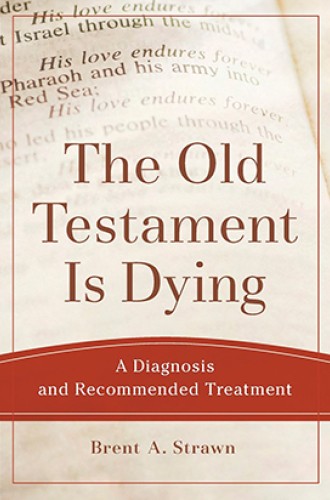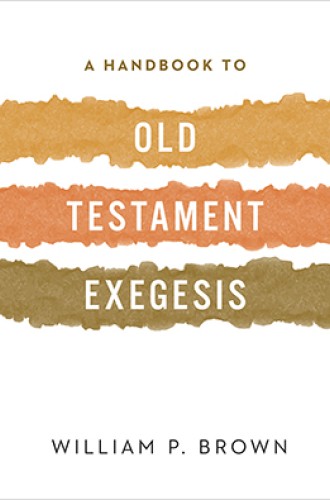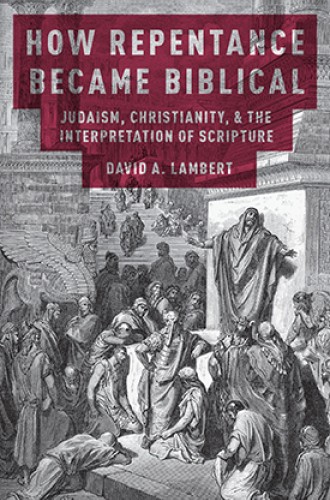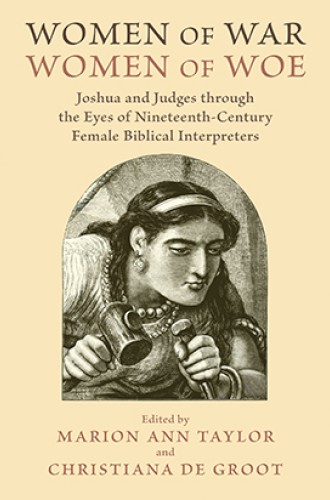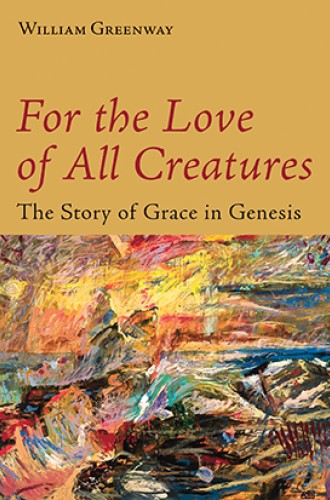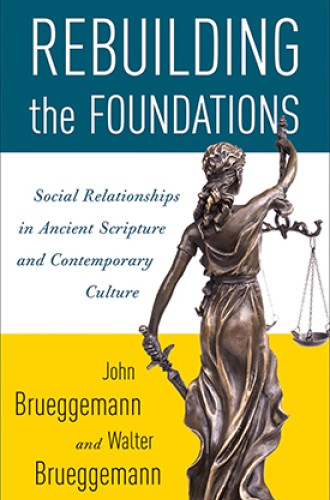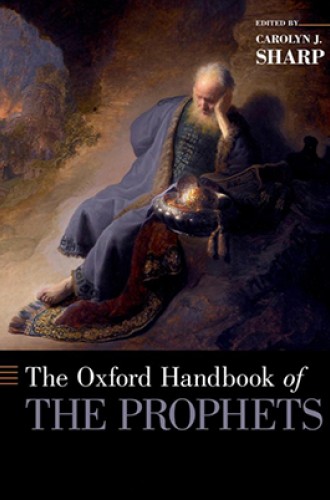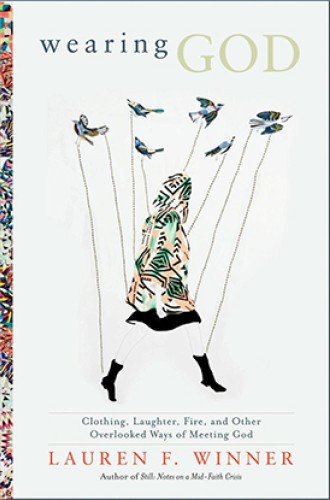The Old Testament Is Dying: A Diagnosis and Recommended Treatment, by Brent A. Strawn. The Old Testament’s “deep language” is being spoken by fewer and fewer people, and when that happens to a language, it dies. The implications are serious (and hold for the New Testament as well). Brent Strawn’s incisive diagnosis includes a critique of the New Atheists as readers of the Bible—for their literary tone deafness, their simpleminded literalism, and their interpretations of biblical texts that resemble closely the interpretations of fundamentalists. (The difference lies in the divine authority each group ascribes to their readings.) The treatments Strawn prescribes for us are helpful, because in the end it is not so much the Old Testament that is dying—it is us, from lack of the sustenance it offers.
A Handbook to Old Testament Exegesis, by William P. Brown. Even if you learned exegesis in college or seminary, or perhaps especially if you did, William Brown’s guide will open new ways of reading scripture that nourish the soul. Urging a “hermeneutic of wonder” when engaging in the “practiced art” of reading biblical texts, he includes crucial sections on self-exegesis and issues we face today (including science, ecology, and gender). Instead of regarding exegesis as akin to prepping for a colonoscopy, readers will feel refreshed and inspired for the task.
Read our latest issue or browse back issues.
How Repentance Became Biblical: Judaism, Christianity, and the Interpretation of Scripture, by David A. Lambert. What if our most treasured ideas are invented? David Lambert argues that repentance, as a concept, postdates the Bible. If Lambert is right, the consequences are many. The creation and imposition of a concept—especially one as powerful as penitence in the Western religious traditions—is a colonizing act that suppresses difference and asserts a false universality. Examining the language of sin, prayer, and fasting in diverse parts of the canon, Lambert finds that the apparent language of repentance does not mean what we think it means. The pervasive idea of the interiority of the penitential self says more about us than it does about the biblical texts. It’s not only the Bible that needs to be historicized, but “also its readers.”
Women of War, Women of Woe: Joshua and Judges through the Eyes of Nineteenth-Century Female Biblical Interpreters, edited by Marion Ann Taylor and Christiana de Groot. Marion Ann Taylor and Christiana de Groot continue their previous work of recovering the interpretive voices of women from earlier eras. Small surprises and treasures abound, including the powerful testimony of Josephine Butler, who connected the treatment of prostitutes under the law of her own time to that of the Levite’s secondary wife in Judges 19: “‘Her hands were upon the threshold.’ They are there still. That corpse lies at our doors, prone.” Butler’s interpretation of scripture empowered her work on behalf of those who were most vulnerable. There is much to learn from these neglected voices.
For the Love of All Creatures: The Story of Grace in Genesis, by William Greenway. William Greenway argues that a love for all creatures lies at the heart of the ancient Israelite spirituality expressed in the early part of Genesis, and we are only beginning to understand what that love means for us and for the world. Reading the primeval story alongside the Enuma Elish and Hobbes’s Leviathan, Greenway shows how we are tragically caught up in a domination narrative rather than one of dominion. God’s character is changed in the Flood narrative. While it is a terrifying story (the world is so bad that it must be destroyed), it also heralds the birth of the God of grace.
Rebuilding the Foundations: Social Relationships in Ancient Scripture and Contemporary Culture, by John Brueggemann and Walter Brueggemann. Fans will enjoy this latest entry in the Brueggemann canon, a conversation between biblical scholar father and sociologist son about the six moral foundations of society (care, fairness, liberty, loyalty, authority, and sanctity) as they connect to the Old Testament witness. The overall perspective will not surprise, but the exchange between father and son adds a new twist. The direct engagement of contemporary issues is what Brueggemann père has been about for decades, so this book feels very honest.
The Oxford Handbook of the Prophets, edited by Carolyn J. Sharp. “Handbook” is a bit of a stretch if it implies that a book might fit in the hand. This hefty volume offers a wealth of material on the prophets and prophecy by leading scholars in the field. Addressing contexts, methods, and hermeneutics, it is one-stop shopping for those who want to know how this material is currently being interpreted and where the cutting edges lie. The last section makes connections between the prophets and theology, ethics, pastoral care, and homiletics. Other parts of the canon are covered in additional volumes in the series. In the current moment, the prophets seem particularly germane.
Wearing God: Clothing, Laughter, Fire, and Other Overlooked Ways of Meeting God, by Lauren F. Winner. Whatever images we use for God, that is what we will value. If God is a patriarch, then patriarchs (and patriarchy) win hearts and minds. Lauren Winner connects biblical metaphors for God to real life (to our bodies, for example, of which we are sometimes ashamed). What does it mean for theology that God’s body is one that swells and leaks, as the God-as-laboring-woman image in Isaiah 42 suggests? Since smell is a means of making class distinctions in our culture, what does it mean that Jesus is the Fragrance of Life (Eph. 5:2) but was also a “sometimes homeless man” and “surely sometimes stank”? It should not surprise us that an incarnational God self-discloses through the mundane (clothing, bread, fire, odor), and yet, consistently, it does. How would our world look different if our language about God reflected the biblical resources we have?


